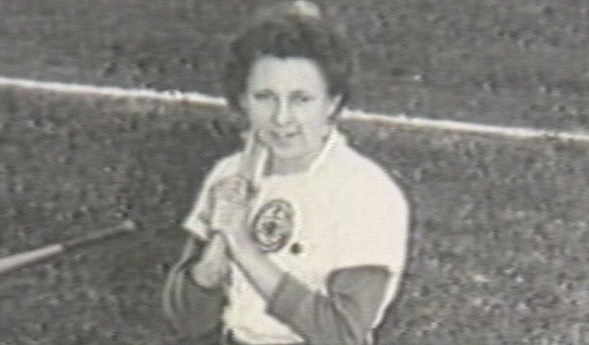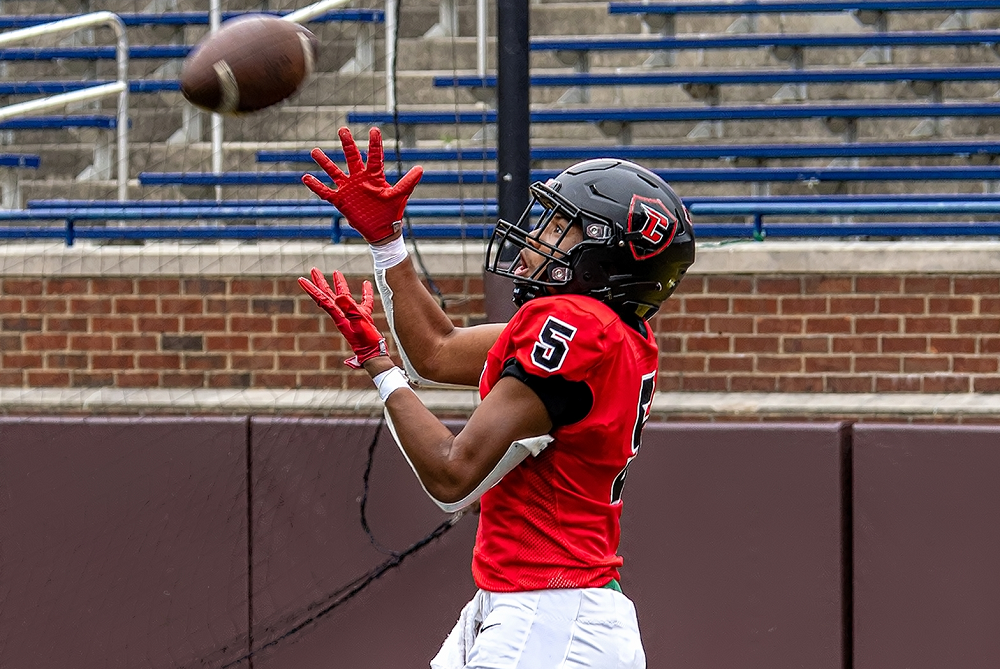
Former Official in League of Her Own
September 26, 2018
By Geoff Kimmerly
Second Half editor
Retired MHSAA official Dolly Konwinski – previously a player in the All-American Girls Professional Baseball League who consulted on the 1992 film “A League of Their Own” – died Saturday at the age of 87.
Konwinski umpired both baseball and softball as an MHSAA registered official for more than a dozen years into the 1990s. She brought to the diamond playing experience from the AAGPBL; she played for four teams between 1948-52, including most of three seasons with the Grand Rapids Chicks.
The AAGPBL has been honored by the National Baseball Hall of Fame in Cooperstown, N.Y., and Konwinski consulted on and made a brief appearance in “A League of Their Own,” which was nominated for Grammy and Golden Globe awards.
She most recently lived in Caledonia and is survived by her husband of 63 years Robert and four children, plus many grandchildren and extended family.
Click for recent Grand Rapids Press coverage of her death. A Mass of Christian Burial will be held at 11 a.m. Thursday at St. Mary Magdalen Catholic Church in Kentwood. Click for her obituary.
The feature below, reported by Rick Berkey, aired as part of the coverage of the 1990 MHSAA Girls Basketball Finals on PASS Sports.

Be the Referee: Football Rules Differences
By
Sam Davis
MHSAA Director of Officials
August 23, 2023
Be The Referee is a series of short messages designed to help educate people on the rules of different sports, to help them better understand the art of officiating, and to recruit officials.
Below is this week's segment – Football Rules Differences - Listen
The first week of the high school football season is always exciting … and sometimes confusing. Here are some – not all – differences between the high school game and what you see on Saturdays and Sundays.
In high school, there is no such thing as an uncatchable ball when judging pass interference. It is a penalty if there is illegal contact, whether the ball is catchable or not.
In overtime, high school teams start with the ball at the 10-year line – not the 25 like in college. And in high school overtime, you are only able to get a first down via penalty. And, at no time is a high school team required to go for two points.
And on extra point plays, if the defense gains possession, the try is over. The defense cannot return the ball for two points.

